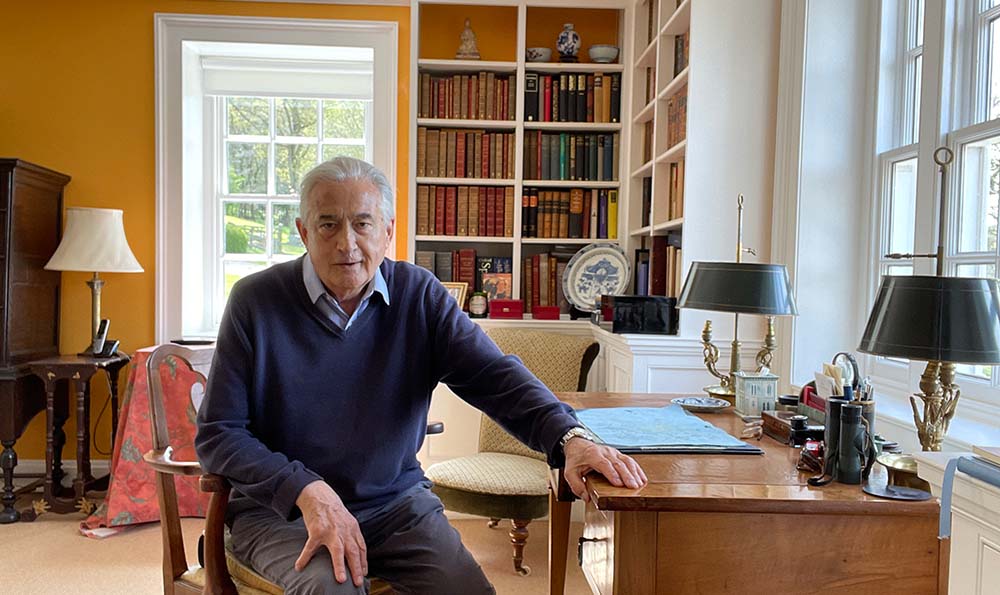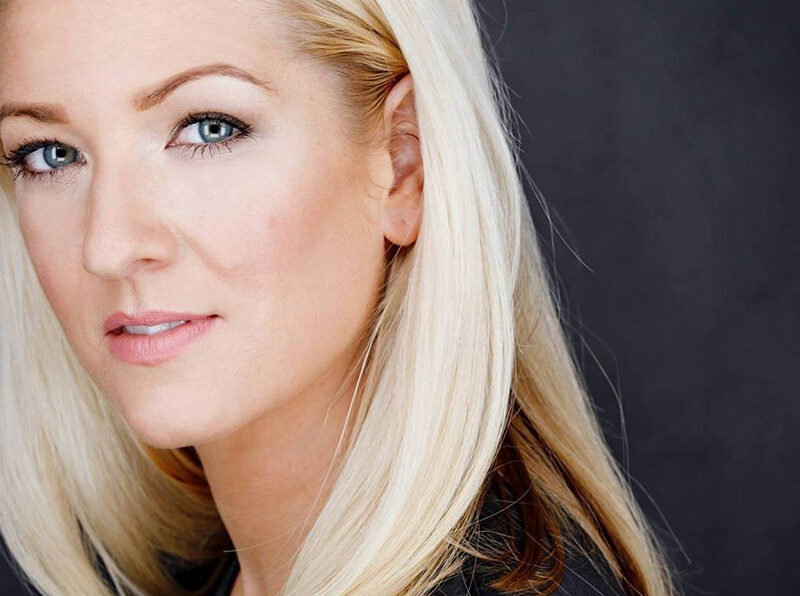
Interview: Sir Antony Beevor
Interview: Sir Antony Beevor
We talk to the top historian about his latest book on Russia, his London life and headlining the Clapham Book Festival in October…
Sir Antony Beevor likes a book festival, though he notes it’s not without risk. Having given talks at many throughout his illustrious career, he prepares for the unexpected… He says: “We have a lot of good book festivals in the UK and it is a huge boost to authors and publishers and one of the great reasons why British publishing is as successful as it is. It also gives readers the opportunity to engage with authors and question them and disagree with them. You get some interesting arguments coming out of it.”
But some events are particularly memorable – at one festival a man suddenly stood up and started singing in protest at Sir Antony’s book Stalingrad. “The moderator said to me, ‘I trust you will reply, preferably in song’ to which I certainly wasn’t going to do!” “But I’ve never had a question such as that which Michael Palin had to field from an audience member asking to know if those were really his own set of teeth!”
Headlining Clapham Book Festival, Sir Antony will be in conversation with fellow historian Dr Piers Brendon discussing insights from his latest book, Russia – Revolution and Civil War, 1917-1921. He hopes that it will make audiences see just how important this cruel and horrific war was and the consequences it has had across the world.
Historic parallels are often made with wars of the past. Can we learn from the horrors of history? Sir Antony believes we can, but adds: “I worry when historians are invited on to current affairs programmes to predict the outcome. The projection of history into the future is a fairly dangerous activity because when we make historical parallels, quite often we’ve distorted them.” He says that one of the reasons we failed to predict Putin’s actions in Ukraine was that we were too willing to believe the general anti-war bias that still prevails that no one would ever want a repeat of World War II.
Sir Antony is known for his vast and authoritative books that encompass a huge swathe of history. The research is a mammoth undertaking. He fortunately has his research colleague, Luba Vinogradova, who he has worked with for over 28 years. “Luba is absolutely brilliant and I knew straightaway that she had the same instinct and take on things as me in terms of focusing in on the human detail, which brings a period to life.”
This idea of looking at history through the eyes of the everyday civilian in his work is what makes his books so successful. Sir Antony says it is vital to tell their stories. “The greatest sufferers were the civilians, and above all women and children.”
He notes how the approach of historians has changed over the decades. “History was often written about as a country or an army or an organisation or whatever it might be, and it was only in the 1990s that things started to change with historians combining history from above with history from below. It is important to show how the decision-making of dictators or power holders can affect the lives of ordinary people and that they have no control over their own particular fate.”
Sir Antony was educated at Winchester and Sandhurst, where he studied military history. After his time as an officer with the 11th Hussars, he left the army to write. He first published novels. “My editor would tear apart my attempts. But I learned more from her than any writing course, for which I am eternally grateful.”
His work creating the colourful worlds in his novels helped shaped his compelling style in bringing history to life in his nonfiction. “When I did start writing nonfiction I was thinking of it in visual terms. You can write with the appeal of a novel to convey what it was like at the time.”
As to what he himself likes to read: “Well, actually, I don’t read anything outside of my subject until my book is finished and delivered. Then I binge on fiction… some of the obvious ones… maybe Julian Barnes or I’ll catch up on some 19th century works such as Trollope.”
Sir Antony is married to writer and biographer Artemis Cooper. Having lived in Fulham, they now live in Pimlico. “We downsized after the children left home. We are in what we call a ‘pocket penthouse’ in Pimlico, we have beautiful views from the terraces. We have a study where we work but we mainly write down in the country. I love Pimlico. There are huge trees in the square and you can hear the bird song… along with the helicopters in the background…!”
Sir Antony Beevor will be appearing at the Clapham Book Festival on 15 October. Tickets available from payhip.com/claphambookfestival
Image by Artemis Cooper






